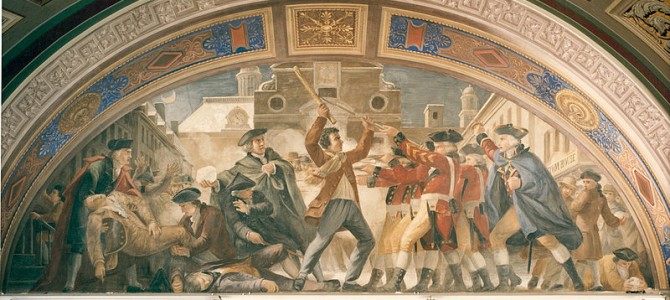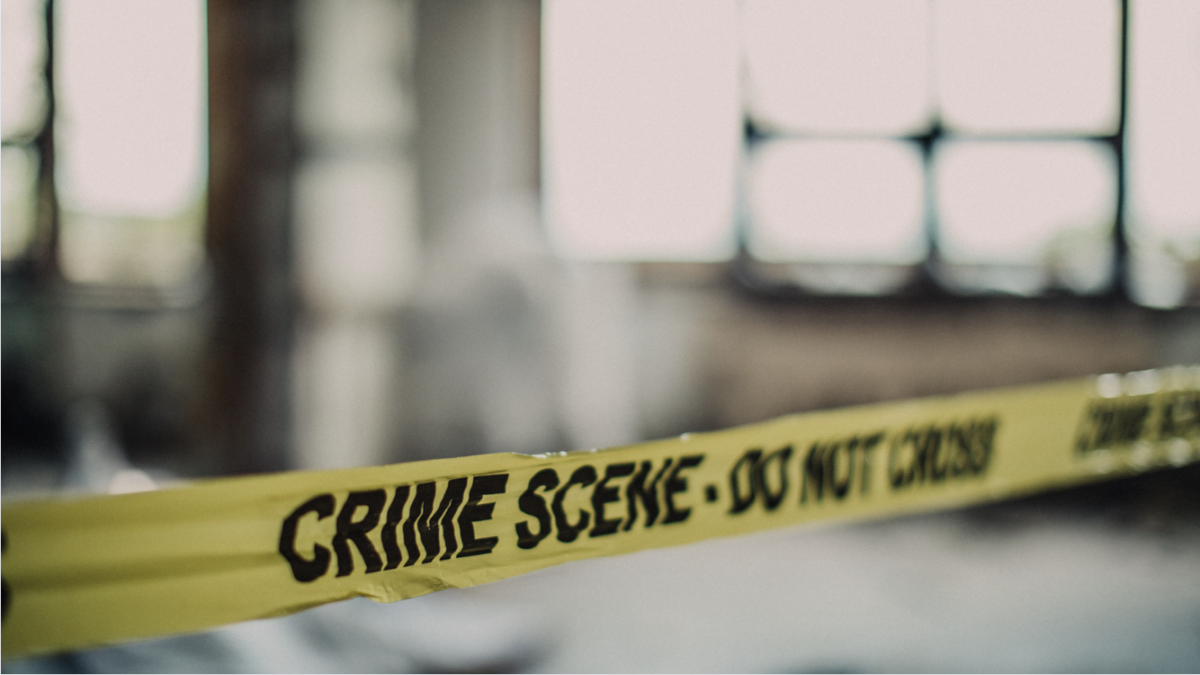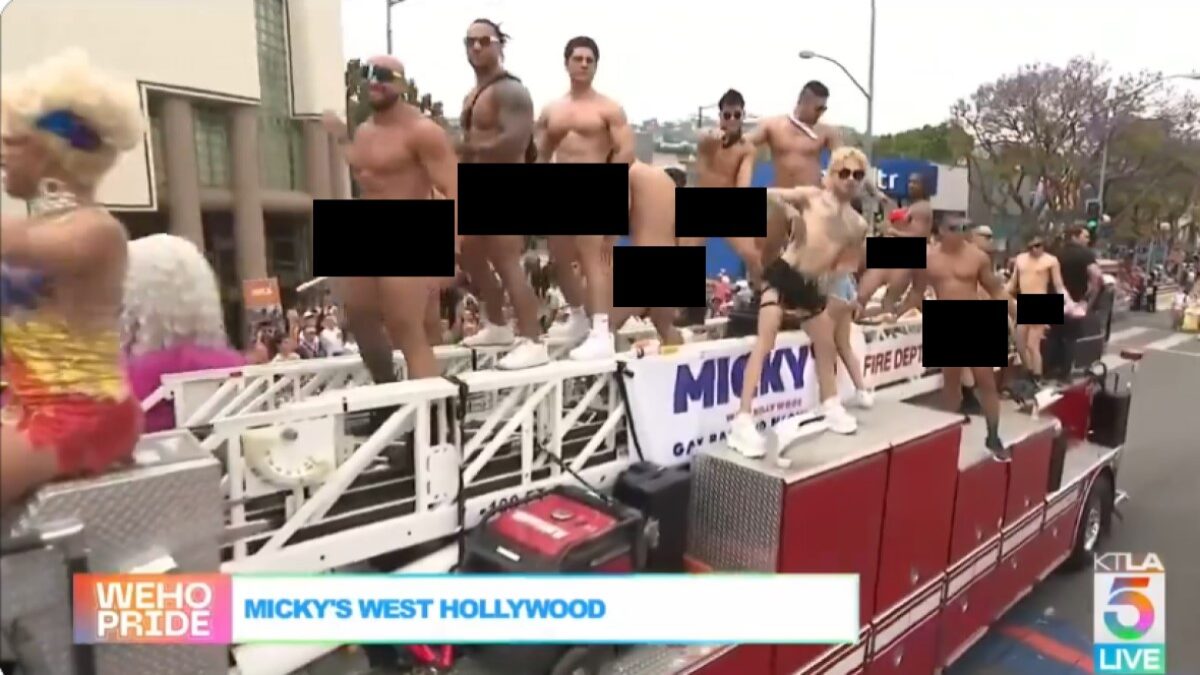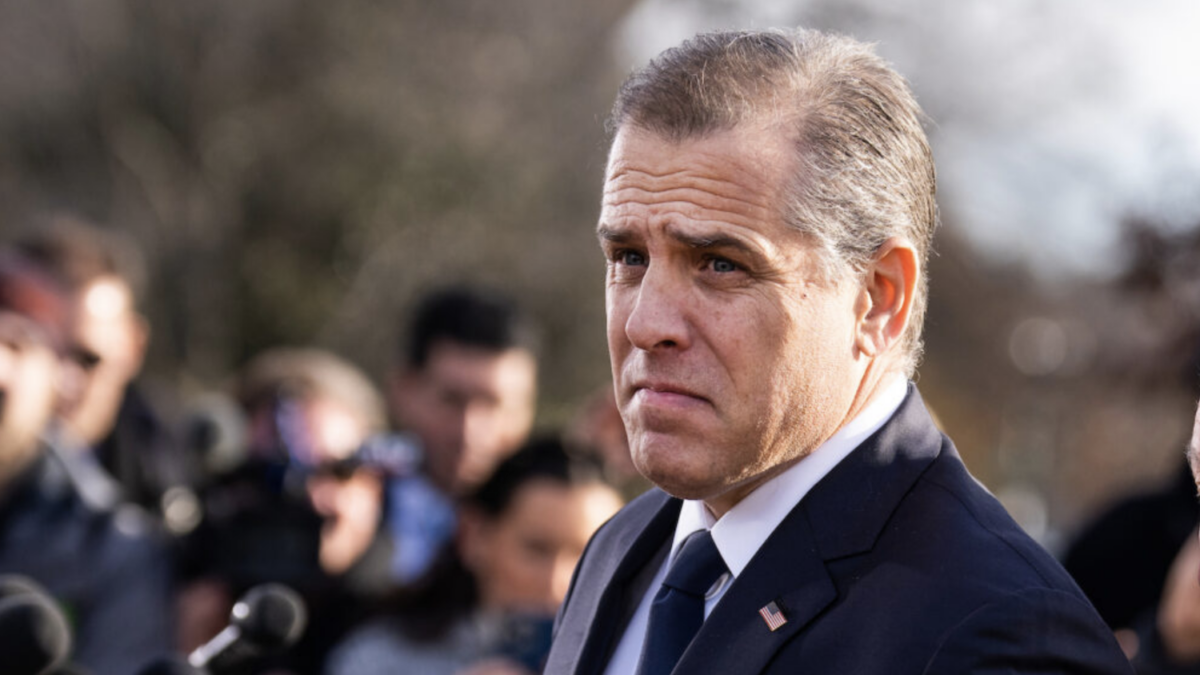One of the many disappointments of the Obama era is the failure of the one promise which, more than any other, brought him into office backed by a surge of goodwill, with approval ratings around 80% on Inauguration Day. As the first black president, Barack Obama was going to heal the nation’s racial divisions and put an end to our divisive racial politics.
Now here we are five years later, and there’s a race riot in Missouri. No, this has nothing to do directly with Obama, but it has a lot to do with how he and the mainstream media have failed to actually do anything to elevate the way Americans deal with racially charged issues.
The issue is the shooting by a white police officer of an unarmed black man, 18-year-old Michael Brown. The officer claims that Brown tackled him and attempted to take his gun, making the shooting justified. A witness who says he was with Brown claims the shooting was unprovoked and that the officer killed Brown in cold blood. Memorial services and peaceful protests on Sunday devolved into an angry riot and the looting and burning of local stores.
We can assume—and interviews with local residents confirm—that these riots were driven partly by the longstanding resentment of local residents who complain of being singled out for harassment by the police. And we can also assume that most of the rioters were opportunists looking for an excuse to loot, rather than being honestly motivated by a desire for justice.
But what really concerns me is how everyone else—the mainstream media, the public, and the usual rabble-rousing politicians—are joining in on the riot and throwing out the rule of law.
Even pundits on the right are discussing with earnestness the question of whether we should back the police officer or show our willingness to be skeptical of the police account.
Here’s the thing: we should be skeptical of everyone. This story is still in its early stages, and the one thing we can say for sure is that much of what is being reported as breaking news or insider scoops or eyewitness accounts is going to turn out to be wrong. None of the physical evidence is available yet and eyewitness testimony is notoriously unreliable. Eyewitness testimony not offered in court—under oath and with cross-examination—is even less reliable. And that goes for both sides.
This does not mean that we should make a presumption of innocence in favor of the police officer (though this will actually be required of the jurors who eventually hear the case). As spectators, we should start with a presumption in favor of nobody and wait until the evidence is compiled in a systematic, formal manner. The only way to do that will be in a courtroom.
Yet here we go making all of the same mistakes we made in the George Zimmerman-Trayvon Martin case, where reporters did their usual bang-up job of writing the story first and then gathering the facts—only to see much of the early narrative about the shooting dissolve before the case even reached trial. Everyone was shocked when a supposedly open-and-shut case ended with an acquittal, even though it was clear that many of the details were ambiguous and left room for reasonable doubt. Which made that case little different from hundreds of others involving the use of deadly force.
Yet no one learned anything, and once again we can see all the same elements: the conceit that we can make a snap judgment right away about who was the good guy and who was the bad guy, that we can try the whole case in the media rather than a court of law, and that any court verdict which goes against the press verdict must necessarily be a miscarriage of justice. Above all, there is the presumption that this is all evidence of America’s deep, abiding, ingrained racism—so why shouldn’t blacks riot?
Recently, I discovered the concept of Gell-Mann Amnesia, which the late author Michael Crichton named after the physicist Murray Gell-Mann, with whom he once discussed the phenomenon. It’s what happens when you read a news item on a subject you know first-hand and notice all of the errors, over-simplifications, and outright howlers committed by the reporter. But when you turn the page (or today, click the next link), you forget how inaccurate that article was and read with full credulity what reporters have to say about some other subject on which you assume they must be experts.
We’re seeing a similar phenomenon here. Call it Zimmerman Amnesia. We ought to know from past experience how horribly inaccurate early reports about violent incidents can be. We ought to know how much can be distorted, misrepresented, and misunderstood by seemingly official or sympathetic sources on all sides, how long it can take for accurate information to come out, and how equivocal the results can be, with the evidence so evenly balanced as to convince partisans on both sides that they are right. But when every new politically charged shooting comes along, we forget what we should have learned, and there we all go, back to making confident pronouncements about who we think did what, who is the villain, and what is the remedy.
The cardinal sin here is the subordination of facts to a “narrative” adopted by activists and by the media. To adopt a narrative about how all police are racist or all police lie about shootings would be as unjust as to adopt a narrative about how all young black men are violent. Instead of insisting on our cherished narrative, we should be calling for the rule of law—which applies for everyone.
The relevant historical precedent for this is the Boston Massacre of 1770, in which British troops killed five men in what Americans said was an unprovoked shooting. The Redcoats were unpopular and resented, in much the same way, presumably, that the police are resented in Ferguson. And the shootings certainly played into the emerging American narrative of our oppression by a far-off, tyrannical monarch.
Yet local Patriots made a point of giving the soldiers a scrupulously fair trial, and no less a person than John Adams took on the task of the defending them. Adams was second to none in his support for the cause of liberty, and he would practically invent the idea of American independence. But he knew that liberty required the rule of law, which meant that the British troops deserved a genuine attempt to tell their side of the story and prove that their actions were justified. In the end, several were acquitted and two were found guilty of manslaughter.
Today, instead of John Adams, we get Al Sharpton—a man with, shall we say, a lesser reputation for integrity.
We could use some of Adams’s wisdom right now. We need a lot less jabbering speculation from the press, a lot less political exploitation of the case by rabble rousers, and plenty of calm but firm vigilance by local observers who can dedicate themselves to making sure that all of the evidence is gathered and weighed carefully.
Because everyone has a lot more to gain from the rule of law than they do from pushing their preconceived narrative.
Follow Robert on Twitter.









